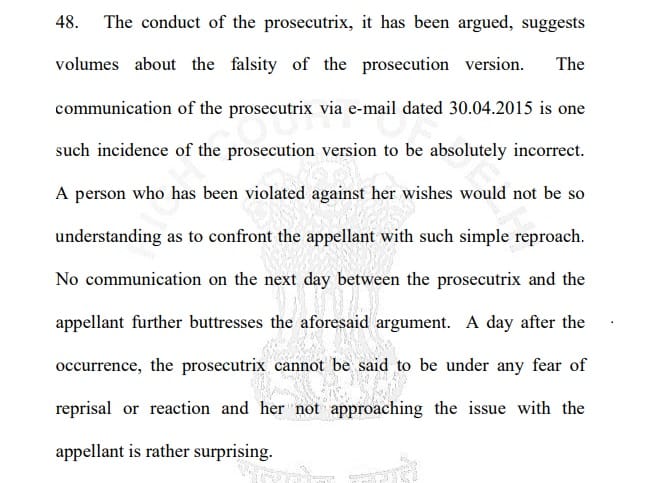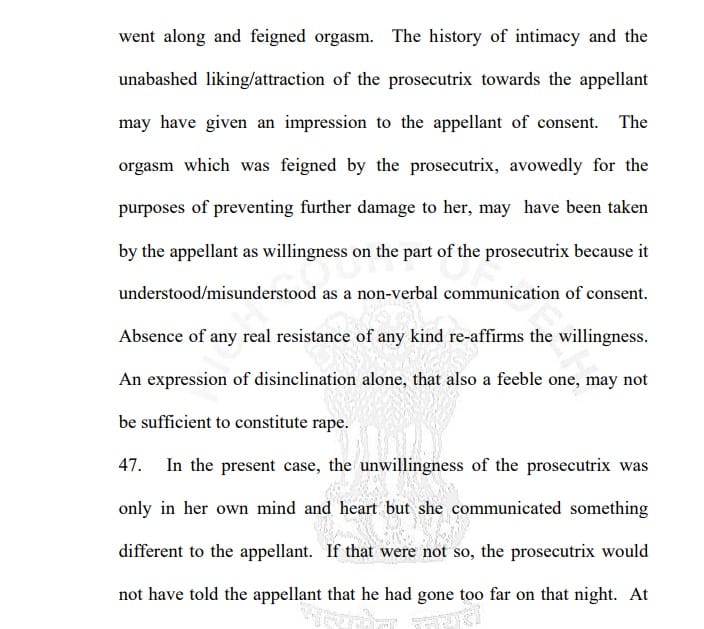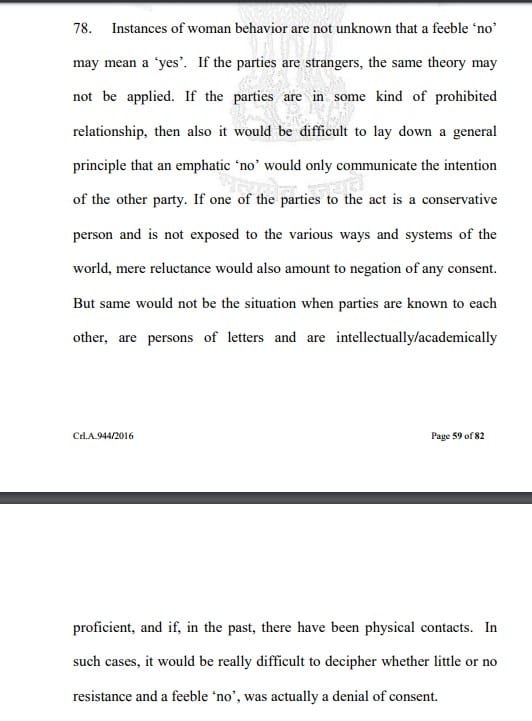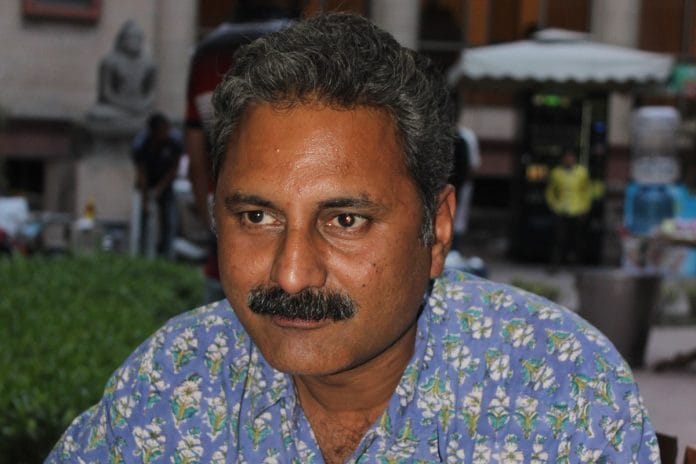Verdict: The Delhi high court Monday acquitted filmmaker Mahmood Farooqui of rape charges and set aside his sentence. A trial court in 2015 had sentenced him to seven years of rigorous imprisonment for raping a 30-year-old research scholar from Columbia University, New York.
While acquitting Farooqui, Justice Ashutosh Kumar held that in rape cases where the victim and accused know each other, consent cannot be deciphered by a “feeble no”.
Context: In June 2015, a case of rape was registered against Farooqui based on the complaint filed by a US scholar. She claimed that in a drunken state, Farooqui had forcible oral sex with her.
In 2016, a trial court judge Sanjiv Jain had accepted the testimony of the woman, convicted Farooqui.
The 2013 criminal law amendments to rape laws made a seven-year sentence mandatory for rape. Farooqui’s sentencing triggered a debate on whether the minimum sentence was too harsh and must be awarded for forcible oral sex or not.
Questions before the high court: Farooqui had moved the Delhi high court in appeal. The court was to check the correctness of the trial court verdict.
While deciding that the victim’s testimony is unreliable, the high court discusses consent.
1. On consent when victim and accused know each other and the victim is educated and may, have in the past had physical contacts with the accused, the high court says that a “feeble no” may not suffice.

2. The court also held that “absence of any real resistance of any kind re-affirms the willingness,” on the victim’s part.

3. On the victim’s conduct after the rape, the high court says that she could not have been so understanding as to confront the accused.

4. Lastly, the court also acknowledges Farooqui’s history of bipolar disorder and says there is doubt as to whether he could discern/understand the victim’s denial of consent, giving him the benefit of doubt.
Impact: The ruling’s regressive discourse on consent is a setback for women’s rights. It shifts the onus on proving consent on the woman, contrary to apex court rulings and the 2013 amendments to rape laws.
Reference
State vs Mahmood Farooqui – 2016, Special Fast Track Court in Saket, New Delhi.






